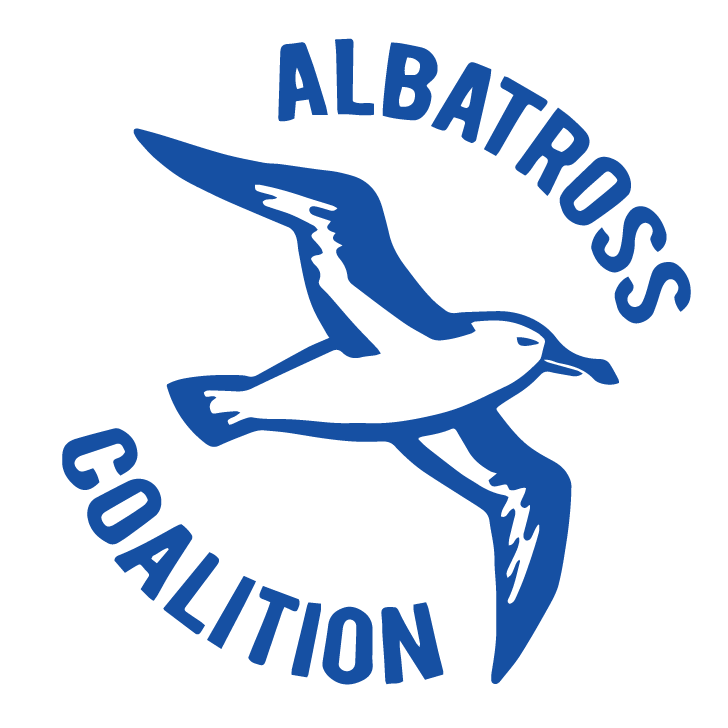Plastic Soup Foundation
Plastic does not belong in the ocean The contamination of the oceans by plastics is an added problem to global warming, acidification and overfishing. The oceans form 72% of the earth’s surface and are our main suppliers of oxygen. Plastic pollution is therefore a serious threat to earth’s vital ecosystem, especially because plastic does not…
